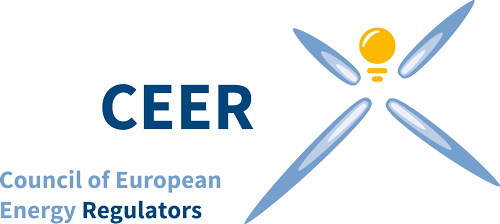12-13 September 2017, Brussels

COURSE ORGANISATION
Energy networks play a key role in transporting energy between energy producers and consumers, typically as a monopoly activity in an area, with their costs comprising a significant portion of consumers’ bills. As a result, energy network revenues and tariffs are set by European energy regulators to help ensure value for money and security of supply. There is also a focus on incentivising a high quality network service.
In addition, there are now significant developments impacting on the network businesses. This includes increased levels of wind and solar generation, more integrated European wholesale markets, a move to increased demand-side flexibility and progress towards Smart Networks. Distribution System Operators are at the front-end of such changes, facilitated in many cases by the roll-out of Smart Meters.
Energy regulators must carefully evaluate the costs of regulated companies to determine a fair return on capital while ensuring that customers do not pay more than necessary. This allowed revenue (whose calculation methodology is determined nationally) is then recovered via network tariffs, themselves carefully designed to reflect the costs of serving network users. One of the regulatory tools that energy regulators can use to compare and determine the efficiency of their network design and in setting allowed revenues is benchmarking.
Designed for:
Level B: Specialised Course
Experts from National Regulatory Authorities (NRAs) who want to improve their expertise and exchange experiences in setting allowed network revenues, incentive regulation and benchmarking. Other experts from European Institutions (ACER, European Commission) are also invited to attend.
Programme overview:
- Review the fundamental principles and practical approaches of setting allowed network revenues in electricity and gas
- Examine the principles of network incentive regulation and explore different national case studies in applying the incentive tools for gas and electricity, transmission and distribution networks
- Discuss the link between incentive regulation and benchmarking and explore scientific approaches and different benchmarking methodologies
- Discover practical examples and exchange experiences and lessons learnt on different benchmarking exercises, covering international and national benchmarking for gas and electricity networks at transmission and distribution levels
- Participate in exciting discussions and group work on comparing the similarities and differences in incentive regulation and benchmarking in gas and electricity, transmission and distribution
Course Director: Mr Alexander Lüdtke-Handjery, Chairman of Ruling Chamber 4, BNetzA
Course Advisor: Prof. Tomás Gómez, Universidad Pontificia Comillas, Member of CEER Training Academy Advisory Board
